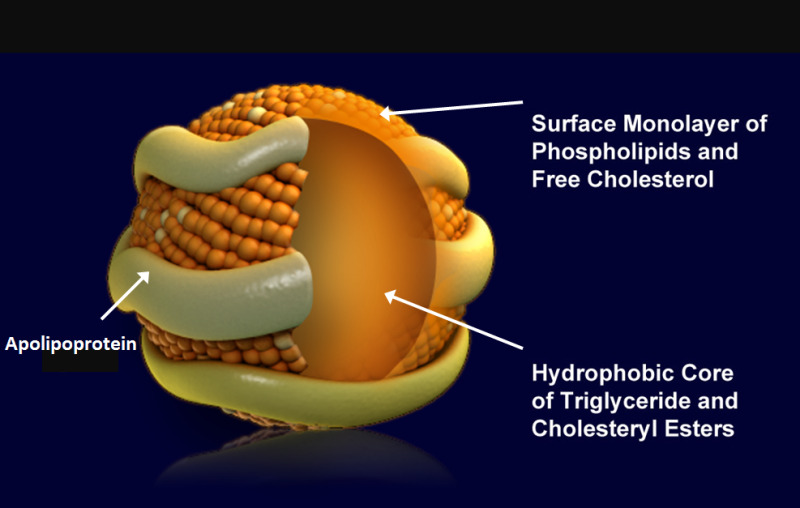Studies have confirmed that LPL activation can suppress the development of arteriosclerosis and also suppress insulin resistance. Fucoidan, a sulfated polysaccharide extracted from brown seaweed, is acknowledged to have significant effects, but effective anti-lipidemic potency has not been clear.
In this blog, I want to share how fucoidan works on lipoprotein lipase secretion based on the study, “Increase the effect of fucoidan on lipoprotein lipase secretion in adipocytes” by Takashi Yokota et al. They investigated the effect of fucoidan on lipoprotein lipase (LPL) secretion by human adipocytes.

In the research, they evaluated the fucoidan effect for LPL secretion from human adipocytes by which they culture adipocytes with fucoidan and examined LPL expression into the culture medium.
As for the result, in cultured adipocytes, fucoidan increases LPL secretion in a time-dependent manner. (Fig. 1) An increase in LPL can be recognized as early as one hour after culturing and continued rising for 72 hours. They also examined the secreted LPL activation during the culture because the secreted LPL will move to intravascular space and play the vital role of lipolysis in plasma. In the case of not adding fucoidan, it showed approximately twice the activity compared to the control. (Fig. 2 use heparin as a control because it increases activation of LPL)
These results suggest that fucoidan increases the secreting and activation of LPL that involves dissolving triglycerides in plasma, which further proves that fucoidan has effective anti-lipidemia potency.

Reference: Adipocytes, also known as lipocytes and fat cells, are the cells that primarily compose adipose tissue, specialized in storing energy as fat. There are two types of fatty tissue, white adipose tissue (WAT) and brown tissue (BAT), also known as white and brown fat.
